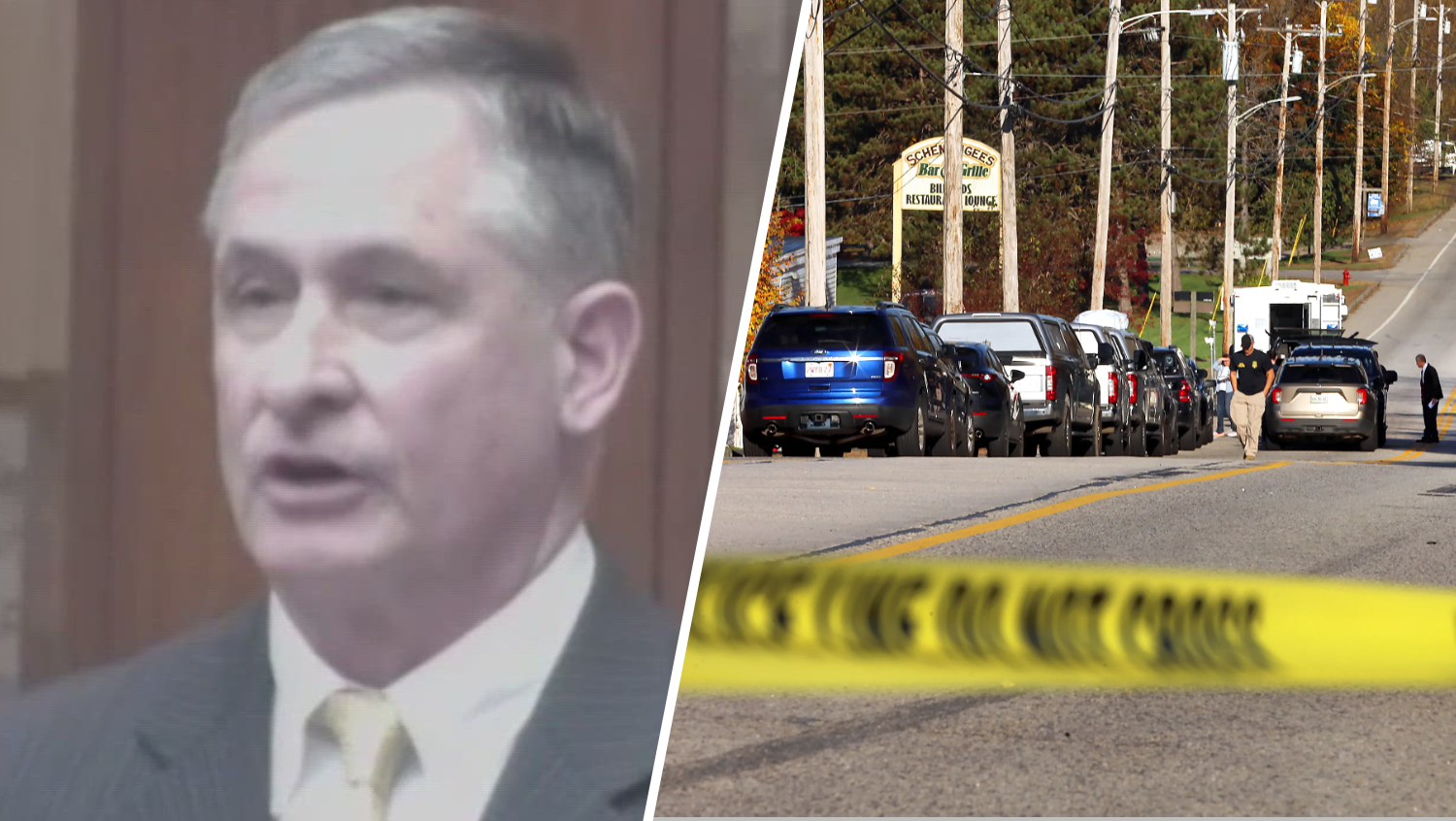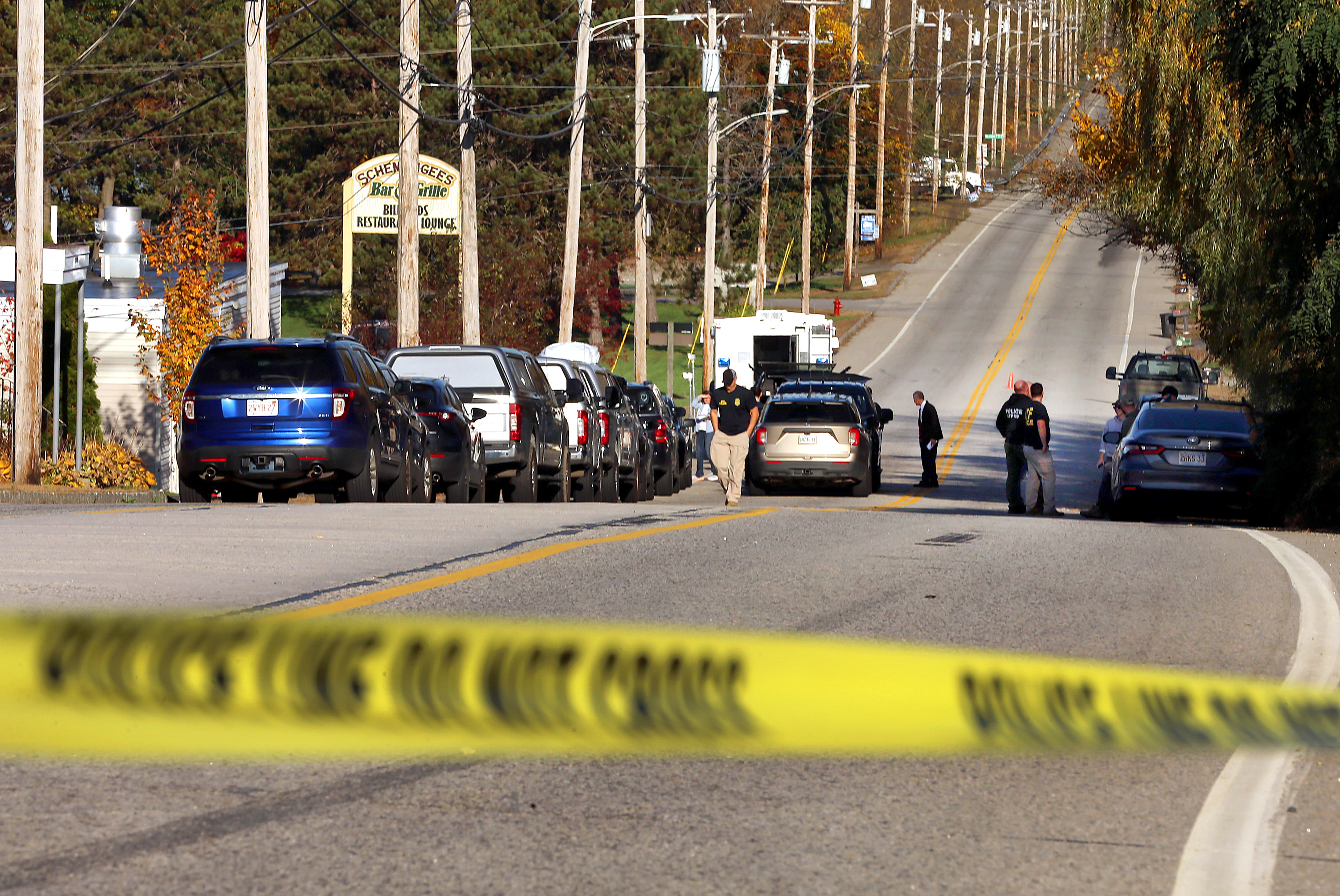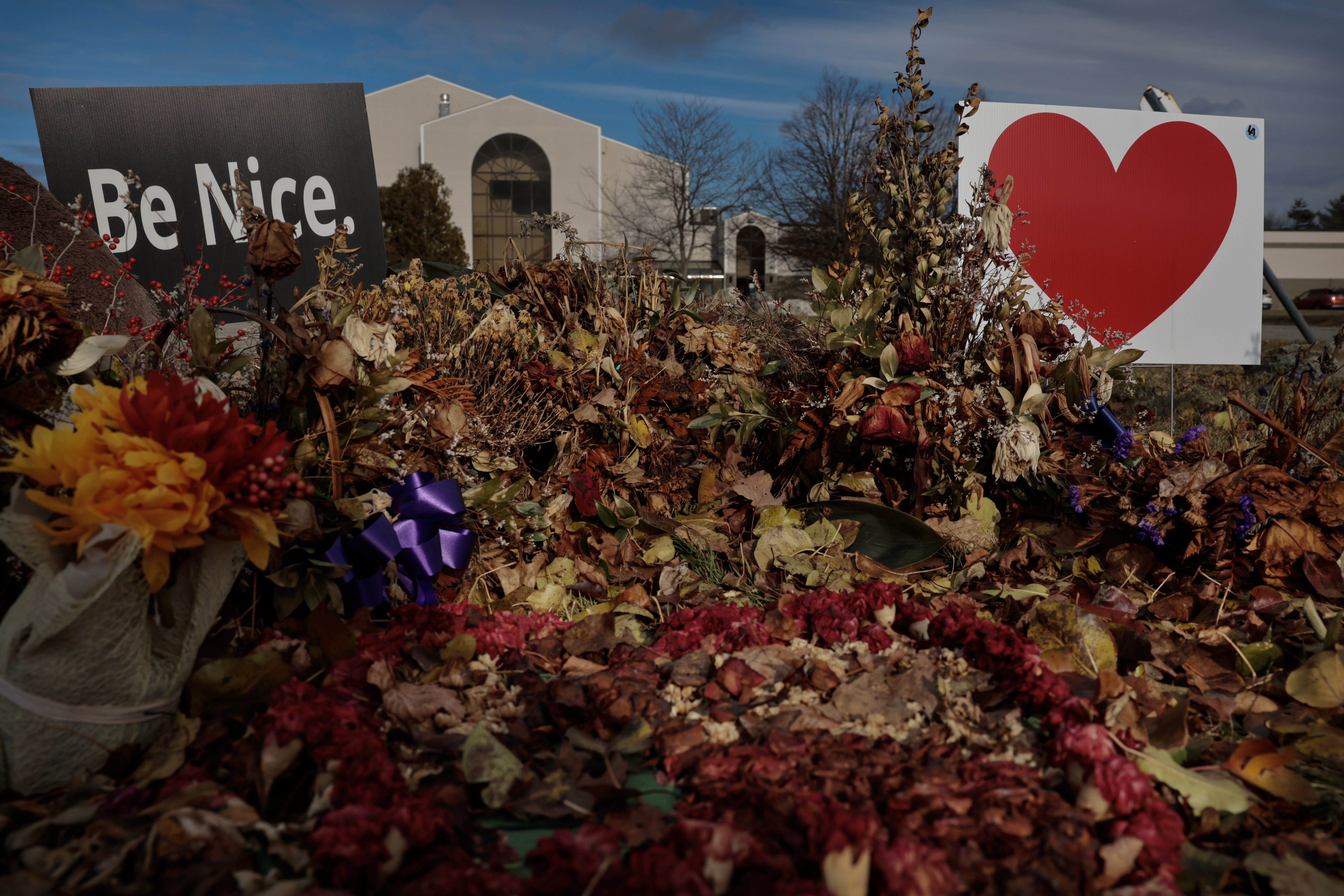
A series of gun safety bills introduced after the deadliest shooting in Maine history appears to be headed toward final passage as the state Legislature races to wrap up its session this week.
The House followed the Senate on Monday in approving the governor's omnibus gun safety bill that strengthens the state's yellow flag law, boosts background checks for private sales of guns and makes it a crime to recklessly sell a gun to a prohibited person. The bill also funds violence prevention initiatives and opens a mental health crisis receiving center in Lewiston.
More votes are necessary in the Democratic-controlled Legislature before it adjourns Wednesday. The House also will be voting on two bills approved by the Senate: waiting periods for gun purchases and a ban on bump stocks.
One bill that failed was a proposal to let gun violence victims sue weapon manufacturers. And so far, neither chamber has voted on a proposal for a red flag law that allows family members to petition a judge to remove guns from someone who’s in a psychiatric crisis. That proposal differs from the state’s current yellow flag law that puts police in the lead of the process.
Get Boston local news, weather forecasts, lifestyle and entertainment stories to your inbox. Sign up for NBC Boston’s newsletters.
Meanwhile, another measure sponsored by House Speaker Rachel Talbot Ross to fund a range of mental health and violence prevention initiatives awaits money in the final budget.
The state has a strong hunting tradition and an active lobby aimed at protecting gun owner rights. Maine voters rejected universal background checks for firearm purchases in 2016.
The Oct. 25 shooting that killed 18 people and injured 13 others in Lewiston prompted lawmakers to act, saying constituents were demanding that they do something that could prevent future attacks.
Police were warned by family members of the shooter, an Army reservist who died by suicide, that he was becoming paranoid and losing his grip on reality before the attack. He was hospitalized last summer while training with his Army Reserve unit, and his best friend, a fellow reservist, warned that the man was going “to snap and do a mass shooting.”




